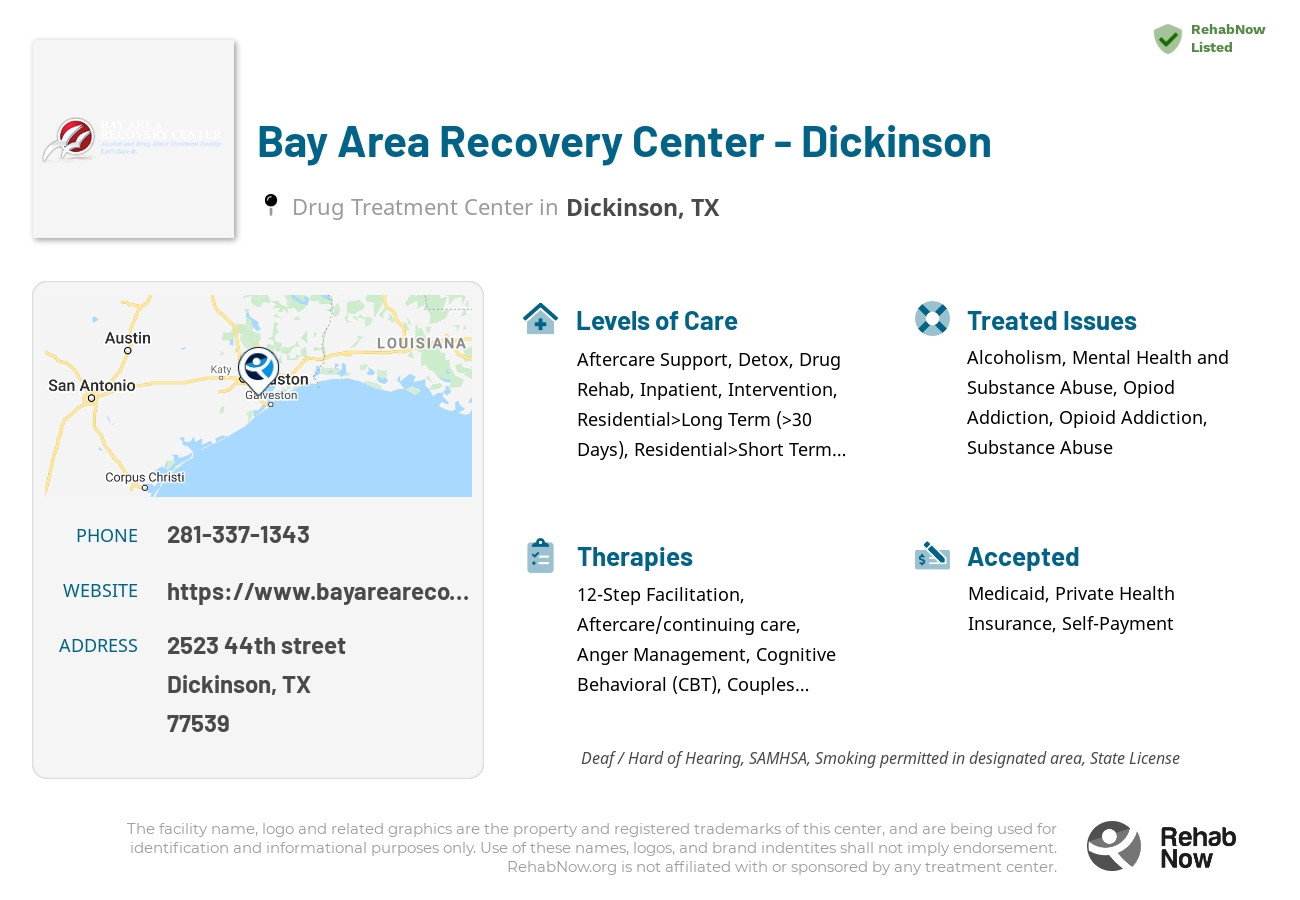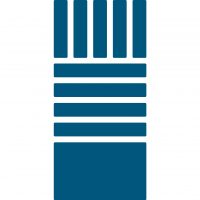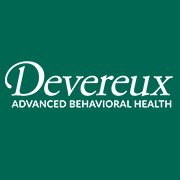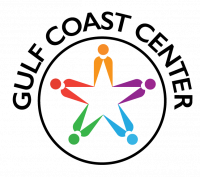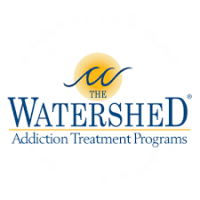Bay Area Recovery Center
Drug Rehab Center in Dickinson, Texas
Bay Area Recovery Center is an accredited SAMHSA and state licensed facility in Dickinson, TX that specializes in providing evidence-based inpatient, aftercare support, and detox services for substance addiction, dual diagnosis, alcohol abuse, and opioid addiction.
About Bay Area Recovery Center in Texas
Bay Area Recovery Center - Dickinson is a trusted alcoholism, dual diagnosis, opioid addiction, and drug addiction treatment facility located in Dickinson, Texas. This facility is accredited by the Substance Abuse and Mental Health Services Administration (SAMHSA) and holds a state license, ensuring high-quality care for those seeking help. Bay Area Recovery Center - Dickinson offers a range of services, including inpatient treatment, aftercare support, detoxification programs, and interventions. They specialize in providing care for individuals struggling with alcoholism, dual diagnosis, opioid addiction, and drug addiction. The facility is affiliated with Bay Area Recovery Center and accepts private health insurance, making their services accessible to a wide range of individuals in need.
Bay Area Recovery Center - Dickinson provides comprehensive services to address addiction and substance abuse. Their programs include inpatient treatment to provide intensive support and therapy for individuals in a structured environment. Aftercare support is also available to help individuals transition back into their everyday lives and maintain their recovery. Detoxification programs are offered to safely manage withdrawal symptoms and provide a foundation for further treatment. Additionally, the facility utilizes intervention methods to help families and loved ones encourage individuals to seek treatment. By offering a range of services tailored to specific addiction types, Bay Area Recovery Center - Dickinson ensures that individuals receive the specialized care they need to overcome their challenges and achieve lasting recovery.
Genders
Ages
Modality
Additional
Accreditations
State License
SAMHSA
Conditions and Issues Treated
Opioid addiction has become a significant health problem in the United States. When a person’s life becomes unmanageable because of an opioid addiction, treatment can help them get sober. Treatment includes medical care and counseling.
“With so many people struggling with opioid addiction, we need more care and attention for those who want to quit. Opioid addicts often take opioids when they experience a painful injury – that’s how the cycle starts! When someone begins taking their medication differently than prescribed or takes an excessive amount of drugs, it means they’re hooked on drugs and in danger of overdosing.
The most successful way to beat this is through detoxing from these types treatments at Bay Area Recovery Center in . Most facilities start by using medical support during the process while providing counseling services; rehabilitation comes later on after treatment has been completed successfully.
Levels of Care Offered
This center offers a variety of custom treatment tailored to individual recovery. Currently available are Aftercare Support, Detox, Inpatient, Intervention, with additional therapies available as listed below.
The first level of recovery is detox. It involves giving a person the opportunity to get the toxins out of their body safely. The individual receiving treatment at Bay Area Recovery Center typically will get ill during detox, and they will often start using again to get rid of unpleasant emotions and complicated physical responses. It is why having a Texas medical professional present is so critical. A medical professional can make sure that patients do not start using again during detox and stay physically healthy during the process. They will also have treatment on a mental level to relieve their symptoms and guide them through the process.
Going to an inpatient rehab facility means living there while all aspects of addiction or co-occurring disorder get addressed. The treatment involves medical supervision, therapy, and future planning.
This type of rehabilitation provides a drug-free environment for people who struggle with chronic/long-term addiction without having access to drugs outside the center (or their own home). It takes away any distractions because they live there 24 hours per day. If someone is trying to break out old habits, which could lead them back into substance abuse, things like jobs or school can be put on hold until after they complete their stay to focus solely on recovery.
Interventionism is a technique used to help an addict get clean and sober. The process begins with the addict’s family, friends, and co-workers gathering together to confront the addict about their addiction. This often happens when the addict is in the middle of a particularly bad bout of drug abuse.
The addict’s friends and family members are encouraged to share their feelings about the addict’s behavior with them, as well as what it’s doing to the addict and their loved ones. At first, the addict is typically resistant to this form of treatment because they feel it’s an intrusion on their private life. They may be upset or even angry at the interventionist for orchestrating this meeting. Over time, though, most addicts come to understand that their loved ones are only trying to help them.
During the intervention, the addict’s family and friends are encouraged to tell the addict how their drug use has affected their lives. The interventionist is there to help everyone organize their thoughts and communicate their message. They also help to ensure that the conversation doesn’t become aggressive or combative, which could put the addict on the defensive and make them reject the intervention.
This kind of treatment aims to get the addict in touch with their feelings about their addiction. They are encouraged to speak honestly about their drug use, as well as how it’s making them feel. They’re also asked to consider the consequences of their drug use and how it’s hurting their loved ones. The addict is allowed to see how their addiction has become a problem for everyone around them.
Without aftercare support, addicts can easily relapse back into addiction. It is crucial to integrate the addict back into society. Aftercare support should take place after outpatient treatment has ended.
There are a few different types of aftercare support that patients can seek after completing an inpatient treatment program:
- 12 Step Self-help groups (AA, NA)
- Therapeutic communities,
- Long-term, structured sober living arrangements
- Halfway houses (residential treatment centers)
Many different support groups exist for addicts to seek help after treatment. Some are more effective than others, depending on the person’s addiction, background, and other factors.
Therapies & Programs
Individual therapy is a form of counseling where you meet with a trained professional one-on-one. Meeting with a therapist in this setting allows for a personal and trusting relationship to be built. This allows the patient to open up about sensitive or private issues they may not feel comfortable discussing in a group. Individual therapy helps identify the root causes of your addiction, which can help prevent relapse.
Couples therapy for drug addiction is a unique form of therapy that allows family members to work through the emotional issues of their loved one’s addiction together. Family members can support each other while learning how to cope with the addiction and encourage healthy changes. The two will work with a therapist to learn how the addiction affects themselves and the relationship.
Family therapy is often done alongside drug treatment to help addicts stay sober. The goal of family therapy for drug addiction is to create an environment where communication can happen without judgment, hostility, or blame. The therapist will sit with the family so they can learn how to communicate differently and provide new tools for dealing with emotions so that people don’t want to drink or do drugs. It’s important for families to focus on relapse prevention plans during treatment so that if the addict feels like they want to use again, they’ll know what steps they need to take together to prevent it from happening again in the future.
Group therapy sessions are another common addiction recovery service. These group sessions typically involve six to 12 addicts who meet regularly with a trained professional for support and guidance.
During these sessions, the group shares their experiences with one another and provides feedback that can help each member avoid relapse or overcome specific obstacles they are facing in their recovery process. With this type of support and guidance, addicts can feel like they are part of a community that understands their struggles and will help them get through the hard times.
Payment Options Accepted
For specific insurance or payment methods please contact us.
Is your insurance accepted?
Ask an expert, call (888) 674-0062
Bay Area Recovery Center Associated Centers
Discover treatment facilities under the same provider.
- Bay Area Recovery Center - Men's Inpatient Rehab Center in Dickinson, TX
- Bay Area Recovery Center - Women's Facility in Dickinson, TX
- Bay Area Recovery Center in Pasadena, TX
- Bay Area Recovery Center - Private Men's Inpatient in Dickinson, TX
- Bay Area Recovery Center in Webster, TX
Learn More About Bay Area Recovery Center Centers
Additional Details
Specifics, location, and helpful extra information.
Dickinson, Texas 77539 Phone Number(281) 337-1343 Meta DetailsUpdated November 25, 2023
Staff Verified
Bay Area Recovery Center Patient Reviews
There are no reviews yet. Be the first one to write one.
Dickinson, Texas Addiction Information
Texas is one of the primary hubs for drug smuggling into the country. The border between Texas and Mexico is more than 1,000 miles long. More than 10 million residents use alcohol every year and more than 25% of those are minors. Alcohol and drug use has become so common in Texas that almost 15% of all deaths can be attributed to these substances.
11.3% of high school students in Dickinson, Texas reported using an illicit drug other than marijuana. 19% of DWI arrests in Dickinson are made of people under the age of 21. 37% of people who start drinking before age 21 will develop alcoholism at some point. If left untreated, substance abuse disorders can lead to addiction, which is a chronic and relapsing disease.
Treatment in Nearby Cities
- Huntsville, TX (92.3 mi.)
- New Braunfels, TX (185.5 mi.)
- Belton, TX (181.5 mi.)
- Bowie, TX (327.9 mi.)
- Pierre, TX (1,070.4 mi.)
Centers near Bay Area Recovery Center
The facility name, logo and brand are the property and registered trademarks of Bay Area Recovery Center, and are being used for identification and informational purposes only. Use of these names, logos and brands shall not imply endorsement. RehabNow.org is not affiliated with or sponsored by Bay Area Recovery Center.




